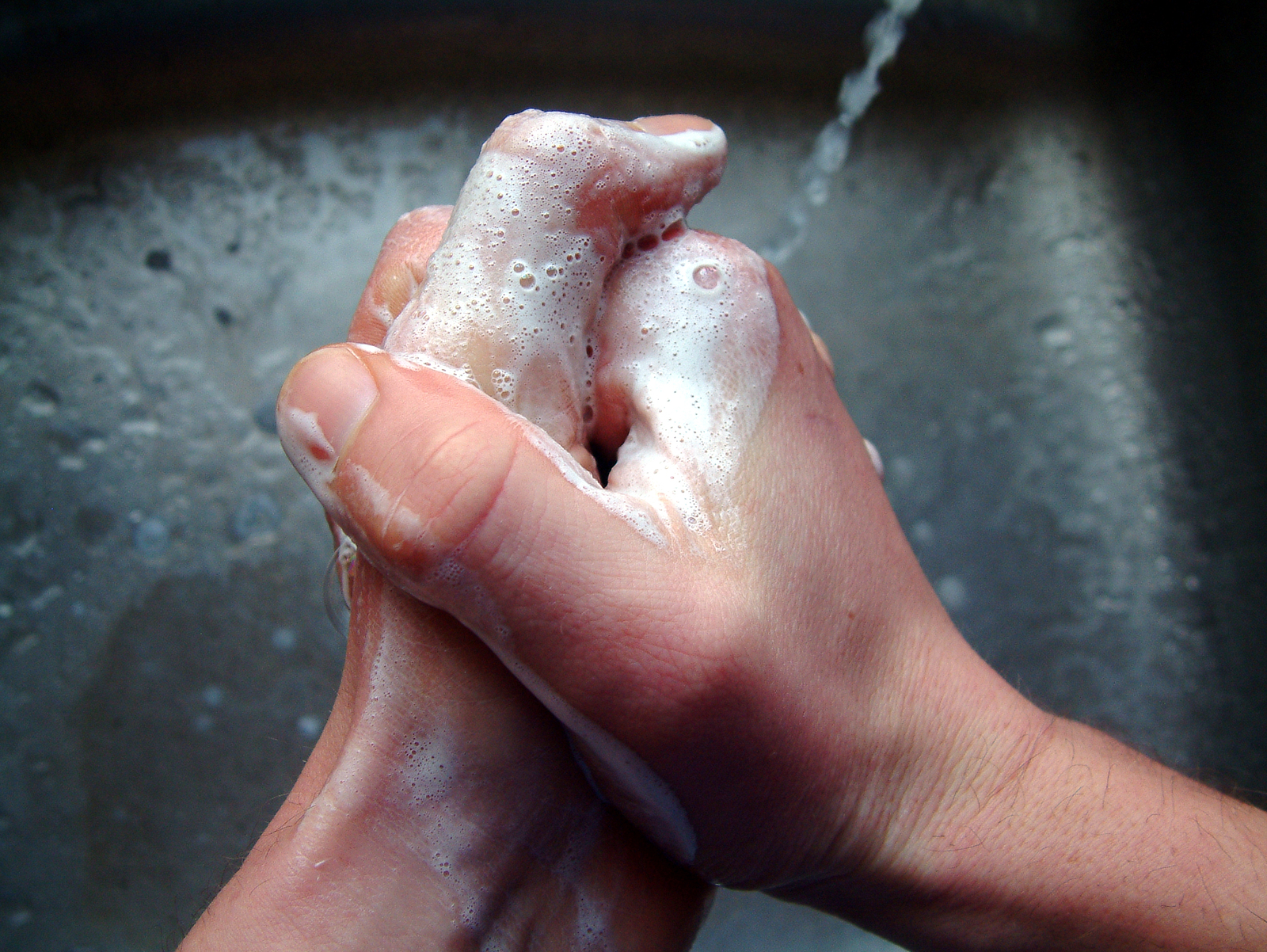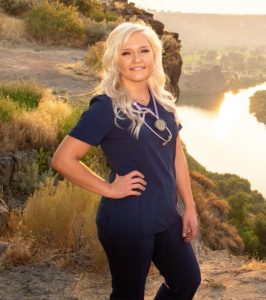
19 Mar COVID-19: What does washing your hands “often” actually mean?
As COVID-19 (coronavirus) continues to spread, so does the information surrounding its containment. Many are looking for strategies to protect themselves and others around them. While no one expected an all-out pandemic, coronavirus’ relationship to how we source information might be the most eye-opening, bizarre piece of this story. Podcasts, blogs, the internet…it’s information overload. Knowing who to trust is one thing, but seeing, hearing and feeling coronavirus from so many platforms can be paralyzing. The hope is people are sourcing quality information from agencies like the CDC or local public health resources, but even quality advice is subject to human interpretation.
By now, we’ve all heard:
Clean your hands often.
Exercise social distancing.
Stay home if you’re sick.
Pretty straightforward. Is it though? For example, “clean your hands often”. What does “often” actually mean? Every five minutes? Every hour? Once every few hours? We were curious, so we decided to ask the public what they thought. Here are the responses a series of random individuals gave us after being asked:
“What does washing your hands often mean to you?”
Sarah Kerley
“Eeks Ok…I’m going to admit that before all of this, I rarely washed my hands with soap because soap is irritating to my skin. I would “wash” them with water only several times a day. Now, it means washing with soap 6-8 times a day (20 seconds with soap) including every time I come inside the house.”
Mary Hallinan Deischel
“I wash my hands after using the restroom, after touching food, before eating, after eating, after walking my dogs, returning home from anywhere… When I wash my hands, I use soap and water and sing the alphabet in my head, ending with a little Jeopardy ‘boom, boom’ at the end.”
Stephanie Berrey Lokey
“I wash my hands after using the restroom, before preparing food, before eating, before putting in my contacts, after doing the dishes, after changing a diaper, and after I get home from being out.”
Adam Reese
“I’ve always washed my hands about 30x per day (by my estimate) before all this crap. Now, probably 40x. Basically after I touch any surface. Including my own fridge door or my clothes…and I’ll still probably catch the ‘rona.”
Sarah J DiMeglio
“When I go to the bathroom and fix food. When I have been touching surfaces others have touched or if I feel like I should wash them.”
Cecile Robertson
“Always with liquid soap (never with bar soap), warm to hot water whenever possible, and scrub with a nail brush before any hands-in food handling and after meats. Before, during, and after food prep, before eating, after eating hand-held food, while in public places, as soon as I return home, after using the toilet, after sorting laundry, throughout housecleaning, after gardening, after scooping the yard, after walking dogs, after handling any animals, after changing diapers, after touching people, and whenever I feel the heebie jeebies.”
Ashley Ramirez
“I wash my hands before eating, after I touch my face, while I prepare food (several times, like after handling each ingredient), after the bathroom, every time I walk in my house, and after handling packages/boxes. Soap and warm water each time. The biggest change I’ve made in hand washing with all of this, is I pay closer attention to the amount of time I wash.”
Michael Schlager
“When in doubt, I wash my hands. And happy birthday is my go to song.”
We’re All Over The Map
While not a surprise, it’s pretty clear everyone has a different idea of what “good” hand washing habits are. Which becomes difficult when we’re all attempting to do our part to battle COVID-19…hopefully. Toss in the vacuum of social media and the public has a stew of good and misinformation on their hands. The public needs simple, easy-to-follow language that can serve the greatest number of individuals for the greatest common outcome. When words like “often” are used, who knows how that can be interpreted. “Washing your hands often” is memorable, but does it really give people tactics? Washing your hands frequently is great, but maybe it lacks the specificity an average Joe needs to understand when and where they should be washing their hands. Maybe it’s less about frequency and more about places.
When and Where should I wash my hands?
After discussing this with the public, we decided to talk to an in-house expert Jo Shetler, the Director of Nursing for our Boise, Idaho location. We asked her the exact same question, “What does washing your hands often mean”?
What The Experts Say:

Jo Shetler – Director of Nursing – Auburn Crest Hospice Boise, ID
“Here is what the general public needs to know about good hand washing habits. Washing your hands often is more than after you use the restroom, touch raw meat, or before you eat. People should be aware of what they are touching to better understand good hand washing habits.
People leaving their home should wash their hands before entering their car. This will help decrease bringing anything that may be in your home out to the general public.
Wash your hands between stops. For example, going into the grocery store. You’re touching food items, and/or other merchandise that have been produced and handled, distributed and handled, put on the shelves and handled again by you. Viral transmission can now further itself to another store, your home, or anywhere else. By washing your hands or sanitizing your hands, you can stop the progression of the germ or virus. Washing your hands can and will prevent the introduction of the germs or virus into your own body through your mouth, nose, or eyes. So stop touching your face!
Be mindful of objects you touch. For instance, your steering wheel is touched after each place you go each day. Wiping down high traffic/handled surfaces such as your steering wheel can also help stop the spread. Another common place where germs spread are door handles. Potentially thousands of individuals touch a single door handle every day. Door handles are highly contaminated. Even in your standard household, the fridge handle is visibly dirty for the same reason. Your hands are the point of contact for everything you do on a daily basis. Being fully aware of what you’re touching, and hand-washing or sanitizing in-between the next point of contact is a key factor in reducing the spread of bacteria or viruses that can be easily passed along!”
One Hand at a Time
Washing hands is such an important piece to the COVID-19 puzzle, but washing hands with focused strategy can make all the difference. At Auburn Crest Hospice we strive to give choice to our patients. We’re proud to participate in a global medical community that has shown incredible strength and perseverance throughout this crisis. In tandem we’ll get through this together. One hand at a time. To all the physicians, nurses, clinicians and medical staff working long hours out there, we thank you!


